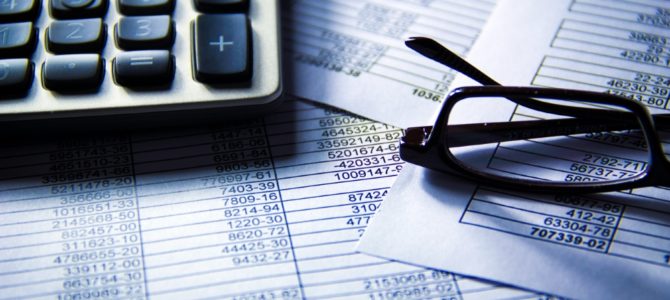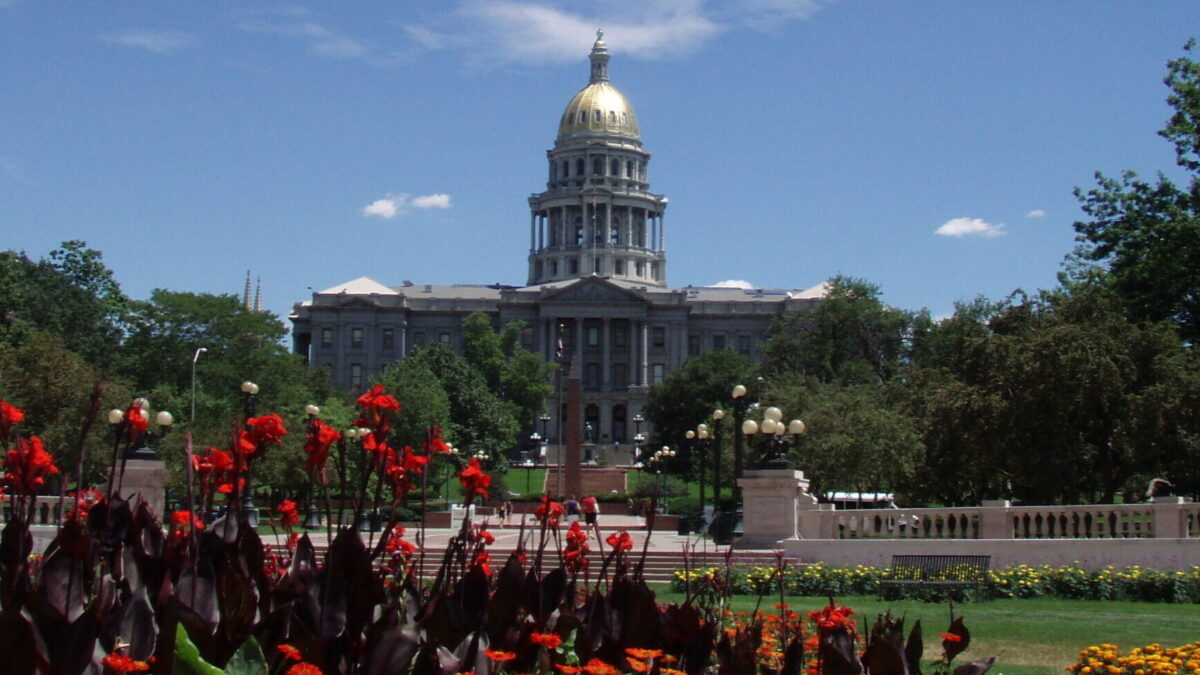
As businesses begin to open up after the COVID-19 lockdown, President Trump has promised a “Great American Comeback” for the economy. Unfortunately, temporary tax provisions passed by Congress make it difficult for businesses to plan for the crucial months ahead. To ensure economic recovery, Congress and the president must stop passing temporary stopgap measures and replace them with permanent pro-growth policies.
Permanent tax policy is important because it helps businesses plan for the future. It is difficult for people to expand their business by hiring more employees or make critical investments that grow the economy if they are worried about the tax code changing. Furthermore, since the choice between hiring full-time employees or investing looks toward the future, the threat of possibly paying more in taxes looms large. With over 40 million Americans currently unemployed, permanent pro-growth policies are needed to provide businesses the certainty required to rehire their workers.
Carryback Provisions Are Crucial for Businesses
One of the most crucial tax provisions that help businesses survive during tough economic times is the Net Operating Loss (NOL) deduction. This deduction allows businesses to carry forward their losses to future years to offset lost income during recessions, and it traditionally also allows businesses to carryback their losses to previous tax years to receive an immediate refund on previously paid taxes. The carryback provision is crucial because it gives businesses needed liquidity when their cash flow dries up during tough economic times. The deduction mitigates the tax code bias against the risk that entrepreneurs take to start a business and so fosters job creation in turn.
In recent years, however, the tax code’s treatment of NOLs has not been consistent nor permanent. The 2017 Tax Cuts changed the NOL deduction to allow businesses to only carry forward 80 percent of their losses, prohibited NOL carrybacks and limited the deduction for owners of pass-through businesses to $250,000.
The CARES Act passed in March only temporarily reversed these changes to allow businesses to carryforward 100 percent of their losses to future years, reinstated carrybacks, and uncapped NOLs for pass-through businesses. While these NOL changes expire at the end of this year, many businesses expect the economic consequences of COVID-19 to extend into future years. The airline industry, for instance, has stated that it may take them five years to recover from the effects of the coronavirus.
Without the assurance that Congress will continue to allow businesses to carryback their NOLs to previous tax years or carry their full losses forward, businesses who predict continued economic hardship will be slow to rehire their employees. This will prolong the current economic downturn and all Americans will suffer as a result. To move the country towards a stable economic recovery, Congress needs to, at a minimum, make this provision of the CARES Act permanent.
Congress could improve the NOL deduction by permanently changing the deduction to allow businesses to accelerate the timeframe of the deduction to the year that the losses are incurred. So, if a business incurred a loss of $200,000 in the first year they operated, they would get a $200,000 tax refund. This change would be especially helpful to entrepreneurs who opened a business in 2020 who cannot carryback their losses for a refund since they were not in business last year. This permanent change would encourage entrepreneurship and job creation—both critical to stimulating the economy—in addition to providing startups much-needed relief.
This policy would also be close to revenue-neutral over time because it would only move up the timeframe that businesses take their NOLs. The government will still recoup most lost tax revenue since businesses could no longer carryforward their losses to future tax years. Revenue neutral policies have the added benefit of providing businesses some certainty that their taxes will not be raised in future years due to climbing deficits.
Democrat Spending Projects Would Hurt Taxpayers
Conversely, proposals by the Biden campaign to raise the corporate tax rate and individual income taxes to pay for liberal spending projects would only worsen the economic crisis and prolong unemployment. Businesses will not hire as many employees if they anticipate their taxes being raised in future years because tax increases reduce the profits that businesses use to hire. Importantly, most businesses pay their business taxes on their income taxes, which means policies increasing individual income tax rates also hinder job recovery.
In addition to the treatment of NOLs, there are other important tax provisions Congress needs to make permanent. Full expensing of Research and Development (R&D) costs are set to expire at the end of 2021. Starting in 2022, businesses will have to write-off the cost of their R&D over 5 years rather than the year they are incurred. Research investments represent a sector of the economy with increasing importance. Raising the cost of investing in R&D will make businesses slow to rehire their employees—or reduce these investments—since this is another cost they will soon incur.
The 2017 Tax Cuts and Jobs Act (TCJA) introduced a myriad of other temporary provisions. Some expire by the end of 2022 and all of them except for the 21 percent corporate tax rate expire by the end of 2025. Businesses should not feel threatened with tax hikes that will harm their business during an economic crisis.
Both parties need to come together to make pro-growth tax changes permanent to provide businesses with the certainty needed to hire and invest. Government should aid businesses during the pandemic, not deliverer them temporary policies that harm their ability to plan for the future, or threaten them with tax hikes to pay for wasteful spending. Only with permanent economic policies can this great nation make the quick economic recovery Americans hope for.









